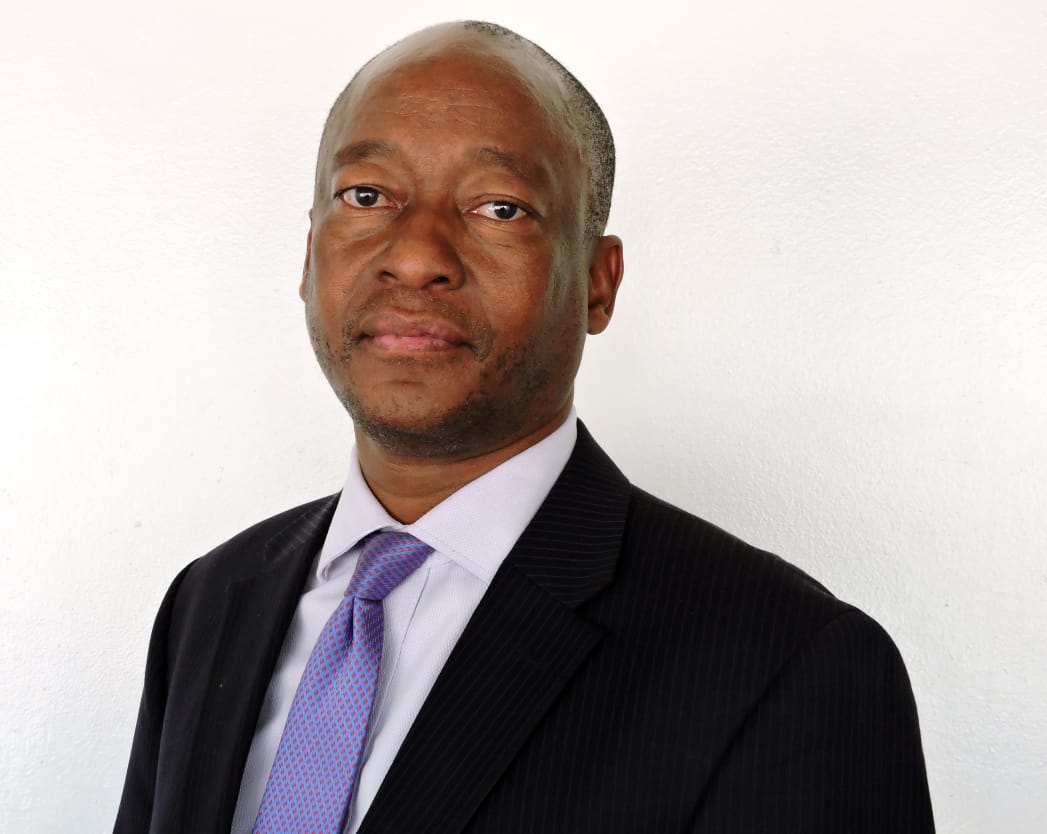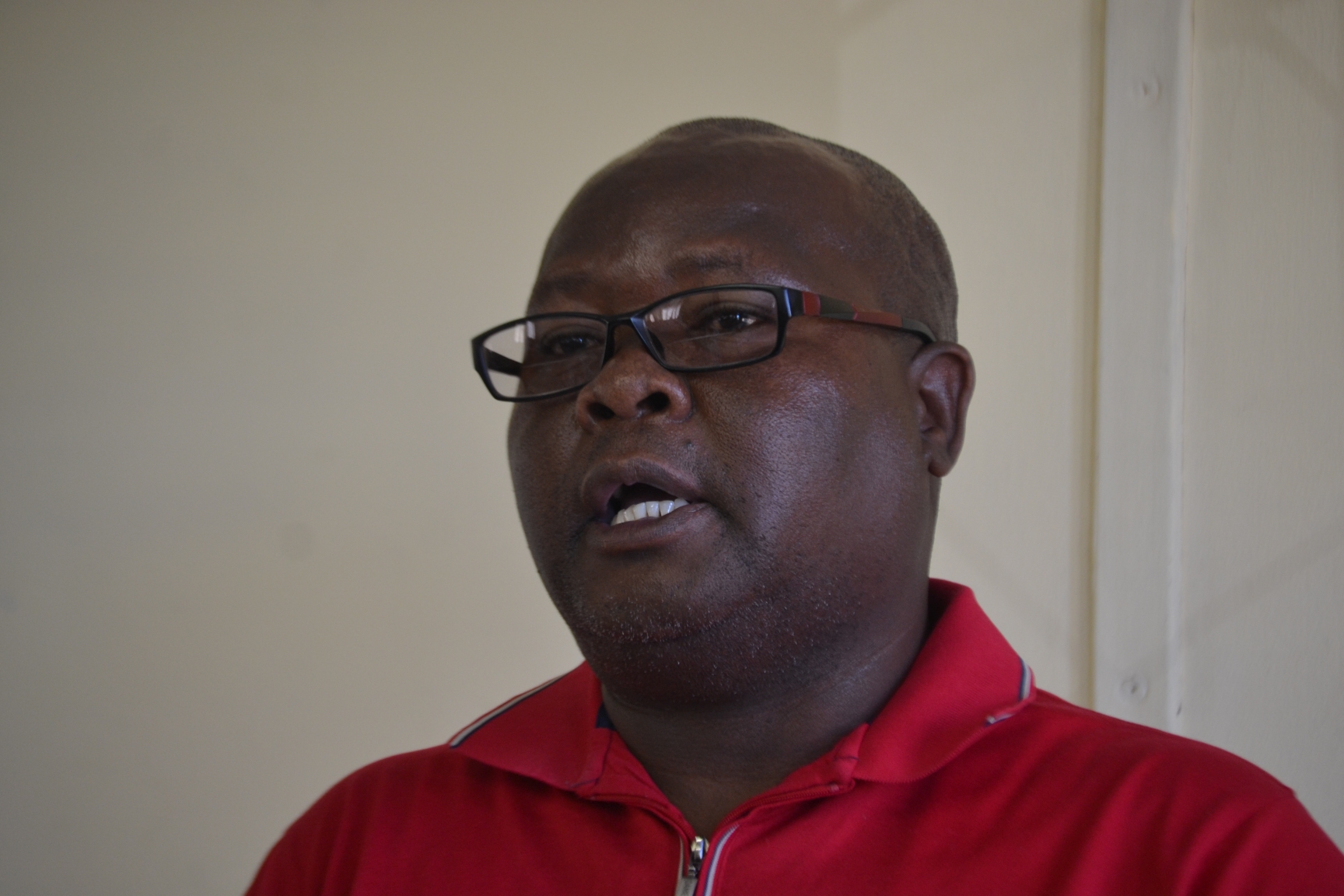
The Water and Sewerage Company (Wasco) has blamed unpaid water bills for its inability to provide services effectively. The water utility’s main debtor is the government which – as at March 2019 – had accumulated a bill of M32.56 million.
This was revealed by new Wasco chief executive officer, Futho Hoohlo at a stakeholder meeting where the company engaged stakeholders on the new 2020/2025 Strategic Plan that it is currently working on.
“We are not able to meet our obligations due to the amount of money that our customers owe us.
“Wasco is currently facing cash flow challenges flow which in turn result in us not giving the best quality services that we wish to provide. We are not able to make repairs and replace some of the old equipment due to the challenges of finances that we are faced with.
“Government is not the only one that owes us; private companies also owe us a lot of money. We have tried to get debt collectors to help us recoup the debts but this did not work, that is why we are engaging you, as our stakeholders, to help us,” he said
Hoohlo said the brunt is most evident at the Maputsoe and Hlotse towns, which currently do not have enough water supply, a problem that Wasco is working around the clock to redress.
The shortage of water in the two towns of the Leribe district has partly been blamed on protracted drought that is a direct result of climate change. Maputsoe is also the fastest growing town after Maseru, due to its thriving textile industry.
One of the operational challenges that aggravates the problem is that of obsolete infrastructure which is susceptible to frequent breakages.
The poor planning of Maseru town does little to help the situation, with connection to settlements perched on mountain sides particularly difficult.
All these hitches combined, have resulted in a backlog in connections. The company is at the moment only connecting people who applied for domestic connections as far back as April.
“We, however promise that with the help of all our stakeholders, we will make sure that we deliver quality services,” Hoohlo added.
For his part, Maseru City Council’s Lehlohonolo Mahlaha conceded that councillors contribute to the problem by allocating residential sites ‘everywhere’ without consulting with town planners.
“The Strategic Plan comes at the right time when the nation is engaged in dialogue on the National Strategic Development II, and I believe with proper education, we as councillors will be able to properly plan the town together,” he said.









